Well that was a steaming pile of crap, even moreso than I would have expected. It was another one of those movies that had me slamming my head in disbelief as it unfolded so heavy-handedly. The only real surprise was how apalling it actually turned out to be.
I wasn’t expecting much. I already knew that the director decided to junk the central metaphor of the whole story because he didn’t think it was relevant anymore. (Of course not: why should we have any reason to believe that further stratification of socioeconomic groups is relevant these days? However, you might notice that in the new version, it looks like Whitey escaped into underground caverns at the first sign of trouble, leaving only people of color to tough it out aboveground, only to be eventually bred for food. But that was probably just an accident, right? Sheesh.)
The only good bits were the main time travel sequence (same concept as the original, but with the added benefit of some magnificent digital effects) and the first hunting sequence, which did a better job of remaking Planet of the Apes than Planet of the Apes did. (Tangent: Speaking of remakes, wouldn’t Minority Report be more interesting if they just went ahead and made it a remake of Logan’s Run instead of making it seem like a remake? Run, runner!)
Granted, I can be a little fussy about well-considered sci-fi concepts, but when the hot Eloi chick asks Guy Pearce why he would want to go back to the past, all I could think was, “Yes, especially when your hair and your skin tone are so much better in the future.” They gave me that little to think about.
(OK, but to give credit where it’s due, I have to admit that if there were to be such massive nuclear explosions on the moon, I have easier time thinking that it would break up than I do thinking it would go shooting off into space like a big round space ship filled with fashionable astronauts.)
And you know that brilliant question at the end of the original movie, the one to the effect of, “If you were going to return to the past and take three books with you to change the future, what three books would you take?” You know, the great philosophical mindfuck that ends it on such a nice note? No sign of it this time. Not relevant, I guess.

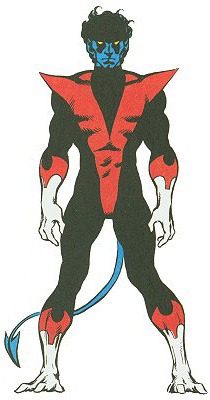
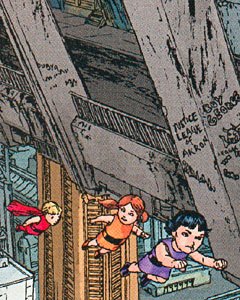
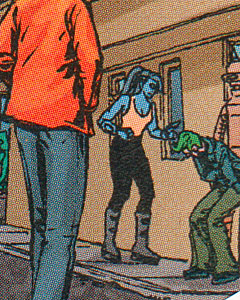
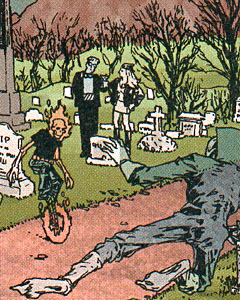
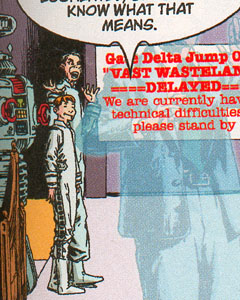
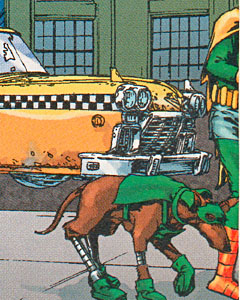
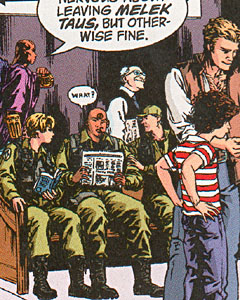
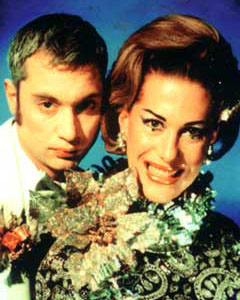 Ah, another exhausting ride on the
Ah, another exhausting ride on the